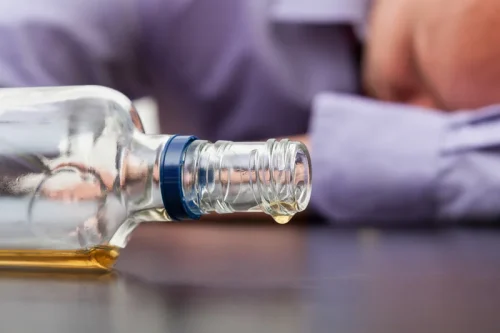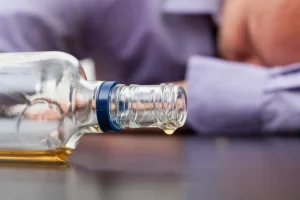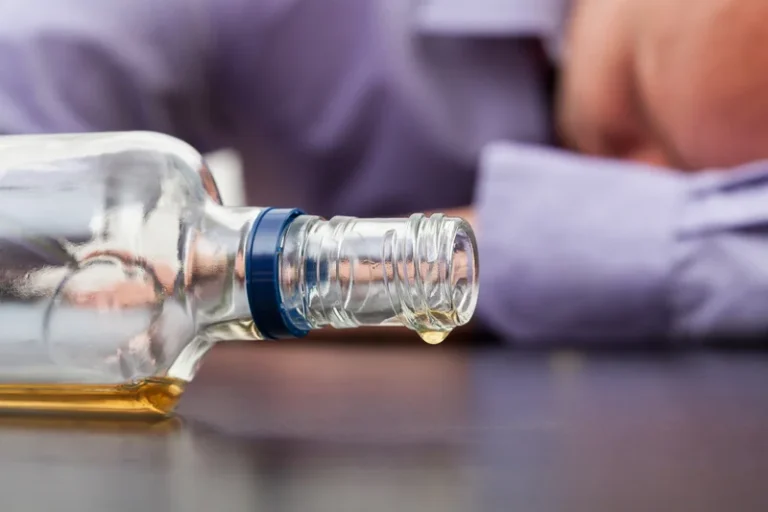
Recovery involves coming to https://ecosoberhouse.com/ terms with the reality of the situation and understanding that a lifestyle of abstinence is the only possible lifestyle for those recovering from Alcohol Use Disorder. There are many reasons a person in recovery may decide to drink again. The drinker may have been in recovery for a while and became too comfortable. They debate if they can drink casually after spending time away from alcohol.
- Relapse can be averted if friends or family members intervene and convince the person to go to recovery meetings or alcohol counseling.
- I felt there was something wrong with me when I failed to make the change overnight.
- Whatever Amy’s thinking was prior to taking that first drink once again; the consequences were heartbreaking for her family, friends and fans.
Resources for Recovery Support

Organizations like Alcoholics Anonymous (AA) strongly advocate for a zero-tolerance approach. Their 12-step program emphasizes the importance of maintaining complete abstinence and fostering connections with others who understand the challenges of addiction. Similarly, SMART Recovery offers science-based tools that help individuals focus on managing thoughts, emotions, and behaviors to maintain sobriety. Each relapse episode Substance abuse can strengthen the person’s belief that sobriety is not possible for them. While it is heartbreaking when those in recovery relapse, it is never too late to start over and get help. Having an understanding that drinking again only prolongs and worsens issues can help prevent the relapse.
Alcohol Relapse Statistics
- These individuals are sucked back into the vicious cycle of losing control of their actions and desires.
- Relapse means to resume drinking alcohol after a period of sobriety.
- That’s why 2017 and 2018 alcohol relapse statistics aren’t available yet.
- “The big reason was that my mental health got so bad that alcohol was the only coping mechanism,” she says.
After 2 weeks of no alcohol, your gut lining begins to heal, and you will notice less heartburn, less bloating, and more natural bowel movements. Enter your phone number below to receive a free and confidential call from a treatment provider. In the United States, you can also find drinking again after sobriety rehab centers near you at FindTreatment.gov. During this period, you can expect to develop new skills you may have never learned that made you more susceptible to AUD in the first place. Our recovery specialists are standing by 24/7 to help you or your loved one. The influx of alcohol causes an unnaturally high surge of dopamine and other chemical hormones that deliver an intense sense of well-being, serving to reinforce the use of alcohol powerfully.

Improved sleep

For example, they may say they are drinking a lot because they are stressed because of work. Or they could claim that it’s common to drink to relax and say that it’s no big deal. At this stage, defense mechanisms are in high gear, and people are reluctant to even acknowledge they have a problem. They may try to avoid the topic of their drinking or minimize the negative impacts of their alcohol use. You may notice that you are getting sick less, and your scratches, scrapes, and bruises are healing faster.

«If you’re worried about your drinking or keen to understand your relationship with alcohol may be impacting your health and wellbeing, it’s best to speak to your GP.» And Piper explains that as alcohol is a diuretic, meaning it makes drinkers pass more urine, it can lead to dehydration which can also affect the brain. «Longer-term, drinking too much alcohol can change the way the brain works and its physical shape and structure.» Finding new reward pathways when you first stop drinking «will help to release these chemicals in your brain in a healthier, more positive and sustainable way,» he explains. And if you stay sober, dopamine levels should eventually level out again. When I polled my own Instagram followers looking for Gen Zers or young millennials who don’t drink, I was surprised when enthusiastic DMs poured in from nearly 40 people.

Stage 1: Emotional Relapse
Everybody is different, but in general it’s not a good idea to drink again after recovering from AUD. If you’re worried about how your body will react if you drink again, then you probably shouldn’t. There are several points to consider as to reasons why it might be dangerous, as well as alternative ways to look at the question altogether. And while many philosophies about treatment exist, collective experience has consistently shown that once we’ve developed AUD, drinking again is a bad idea. Time and time again people have fallen back into the same trap and ended up where they were before — or worse.
Combined with Mistake 1 (tough love), the shame and self-loathing become almost a sure way to fuel even more desire to drink. The Instagram page is going to be full of advice, support and general joyousness so come have a look. Binning off the booze can be incredibly daunting and overwhelming so having a supportive community to connect with can help ease the process. We would go out to the pub or bar on a Friday night and drink excessively until we were hammered.
